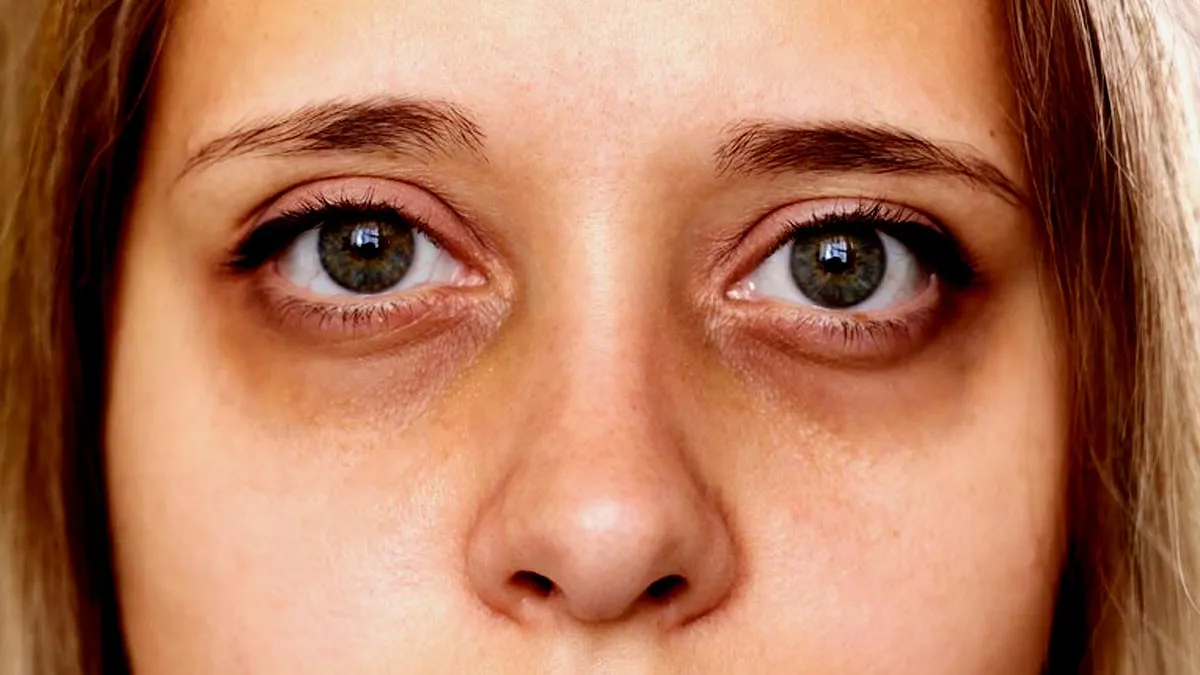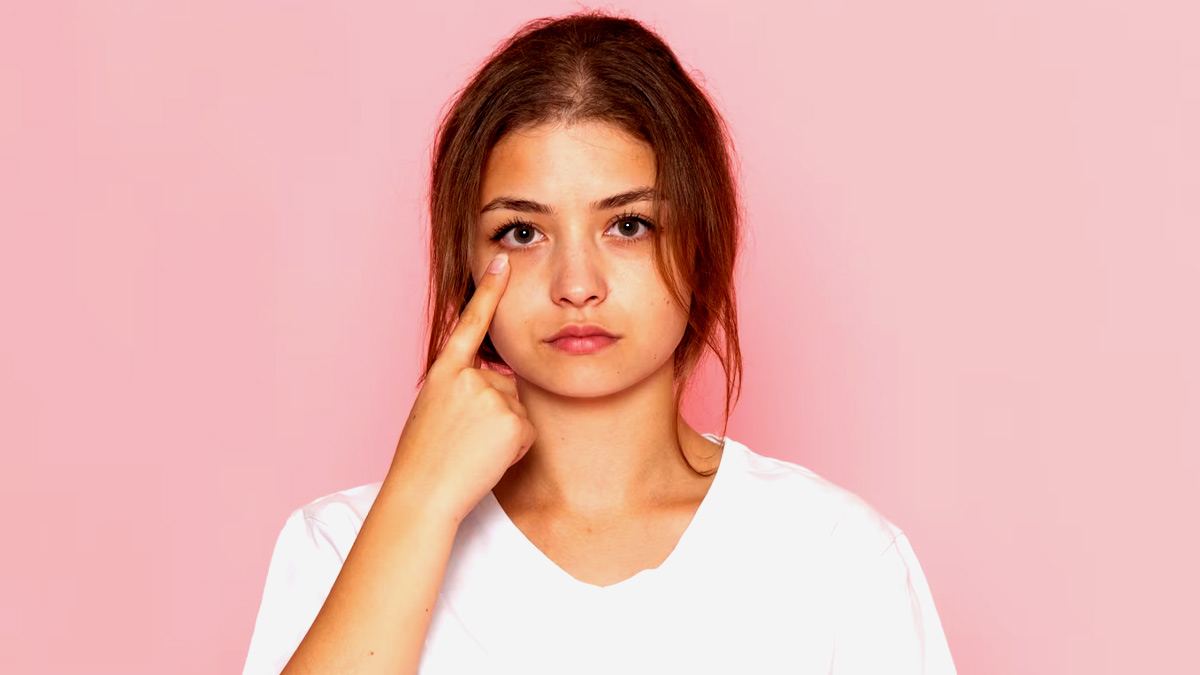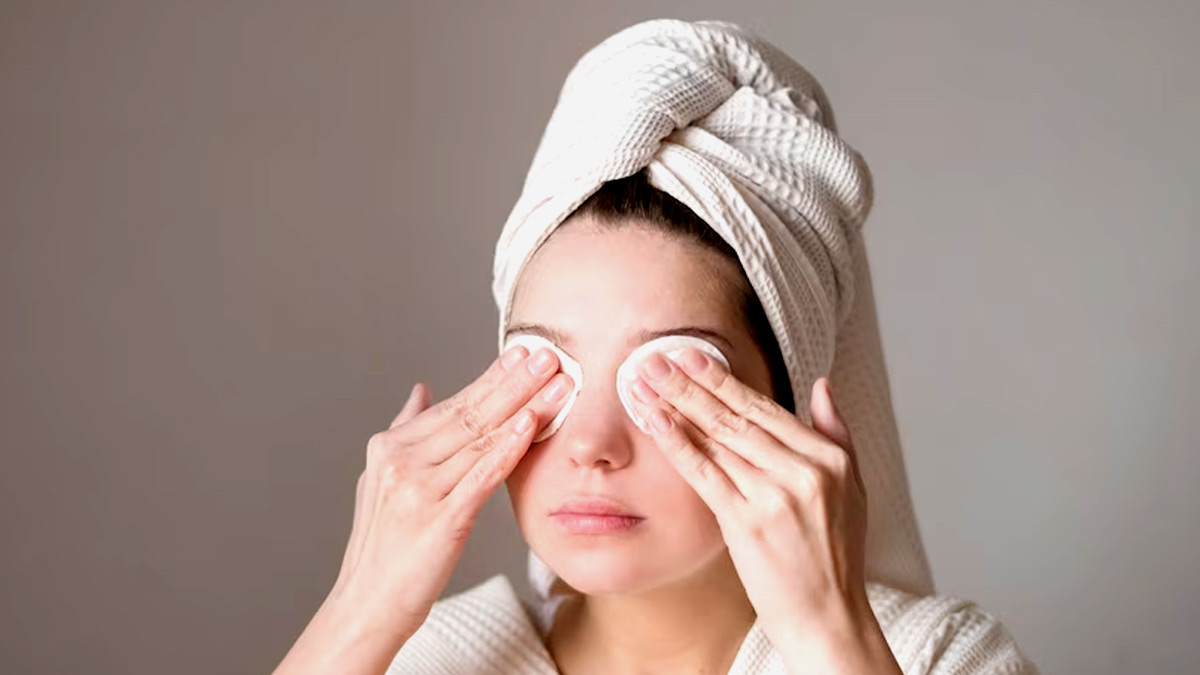
Monsoon can usher much-needed relief from heat, but for your eyes, it can be a season of distress. Most people wake up with puffiness, irritation, redness, or even swollen eyelids during this time of the year, and usually don't know the rainy season could be the reason. In an exclusive interaction with the editorial team of Onlymyhealth, our expert, Dr Bhumesh Tyagi, Consultant- General Medicine and Physician, Shardacare, Health City, Noida, explained why our eyes are more susceptible to monsoon, why they swell, and easy tips to avoid these issues before they occur. Read ahead to know!
Table of Content:-
Why Do Eyes Become Swollen During Monsoon?
The high humidity, varying temperatures, and more allergens present during the rainy season make your eyes vulnerable to several conditions. Some of the most common reasons include:
1. Allergies and Eye Sensitivity
Monsoon air has more allergens like dust mites, mould spores, and pollen. These are likely to cause allergic conjunctivitis, resulting in watery, itchy, and puffy eyes.
2. Bacterial and Viral Infections
Stagnation of water and lack of hygiene enhance the likelihood of eye infections such as conjunctivitis (pink eye) and styes. They tend to present with swelling of the eyelids, redness, and discharge.
Also Read: Big Meals VS Small Meals: What’s Better for Blood Sugar Control? Study Reveals the Truth

3. Blocked Tear Ducts
Humidity and temperature fluctuations may influence tear drainage and, at times, result in clogged tear ducts, particularly in individuals with sensitive eyes. This may lead to puffiness and water retention around the eyes.
4. Insect Bites or Stings
Mosquito bites and other bugs are prevalent in the monsoon. A mosquito bite around the eye can result in an instantaneous swelling and pain.
5. Bad Sleep Quality and Water Retention
Sleep patterns tend to get interrupted during the monsoons because of unpredictable weather. Inadequate sleep and more intake of salt through comfort food can result in puffiness around and under the eyes.
How to Prevent Monsoon-Related Eye Problems
Prevention is preferable to cure, particularly for your eyes. The following are some steps recommended by doctors to safeguard your eyes during the monsoon:
1. Proper Hygiene
- Wash your hands often and do not touch your eyes.
- Do not share towels, pillows, or eye makeup.
- Wash your spectacles or contact lenses properly.
2. Protective Eyewear
While going out, use glasses or protective eyewear to cover your eyes from dust, rainwater, and allergens.
3. Don't Rub Your Eyes
Rubbing your eyes when your eyes itch can bring in more bacteria and increase swelling. Use sterile saline wash or visit a doctor if irritation persists.
4. Control Indoor Humidity
Employ the use of a dehumidifier or slightly leave windows open to avoid accumulation of indoor moisture that causes mold growth.
5. Drink Plenty of Water and Cut Down on Salt Intake
Drink plenty of water during the day to minimise fluid retention and minimize salt intake, as excessive salt can exacerbate puffiness.
6. Apply Cold Compresses
Should your eyes be swollen in the morning, a cold compress can help decrease inflammation and act fast to relieve it. Cover ice cubes with a clean cloth and place them over closed eyelids very gently.

When Should You Visit a Doctor?
Although mild swelling is usually treatable at home, see an ophthalmologist if you experience:
- Persistent redness or pain
- Blurred vision
- Discharge from the eyes
- Swelling that persists beyond 24-48 hours
They may indicate a bacterial infection or other serious eye conditions for which you will require medical care.
Bottomline
The monsoon may be a lovely season, but it calls for extra caution, particularly for your eyes. With simple hygiene measures, controlling allergies, and guarding your eyes against water and infection, you can live through the rains without worrying about waking up with puffy, red eyes.
Also watch this video
How we keep this article up to date:
We work with experts and keep a close eye on the latest in health and wellness. Whenever there is a new research or helpful information, we update our articles with accurate and useful advice.
Current Version